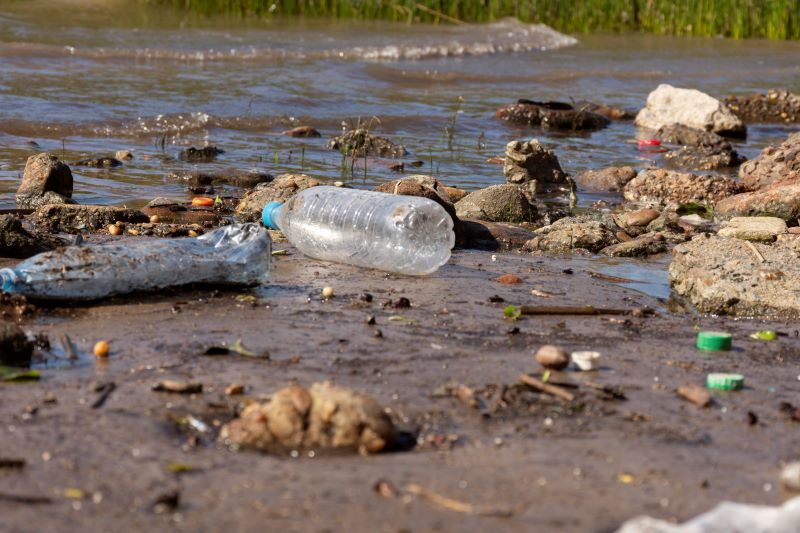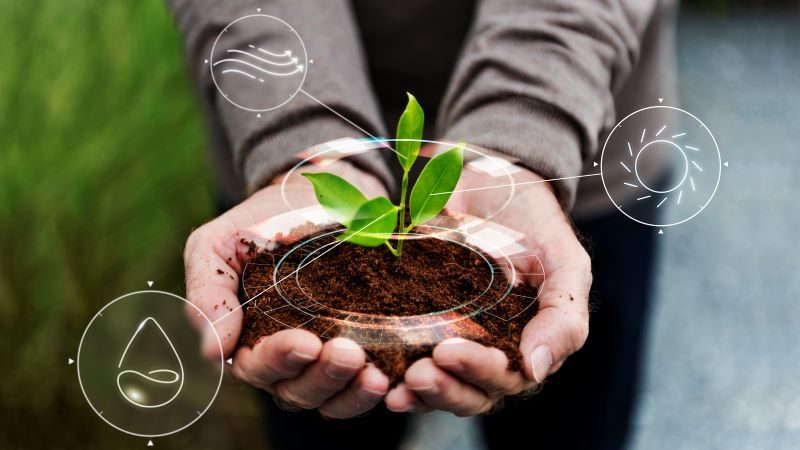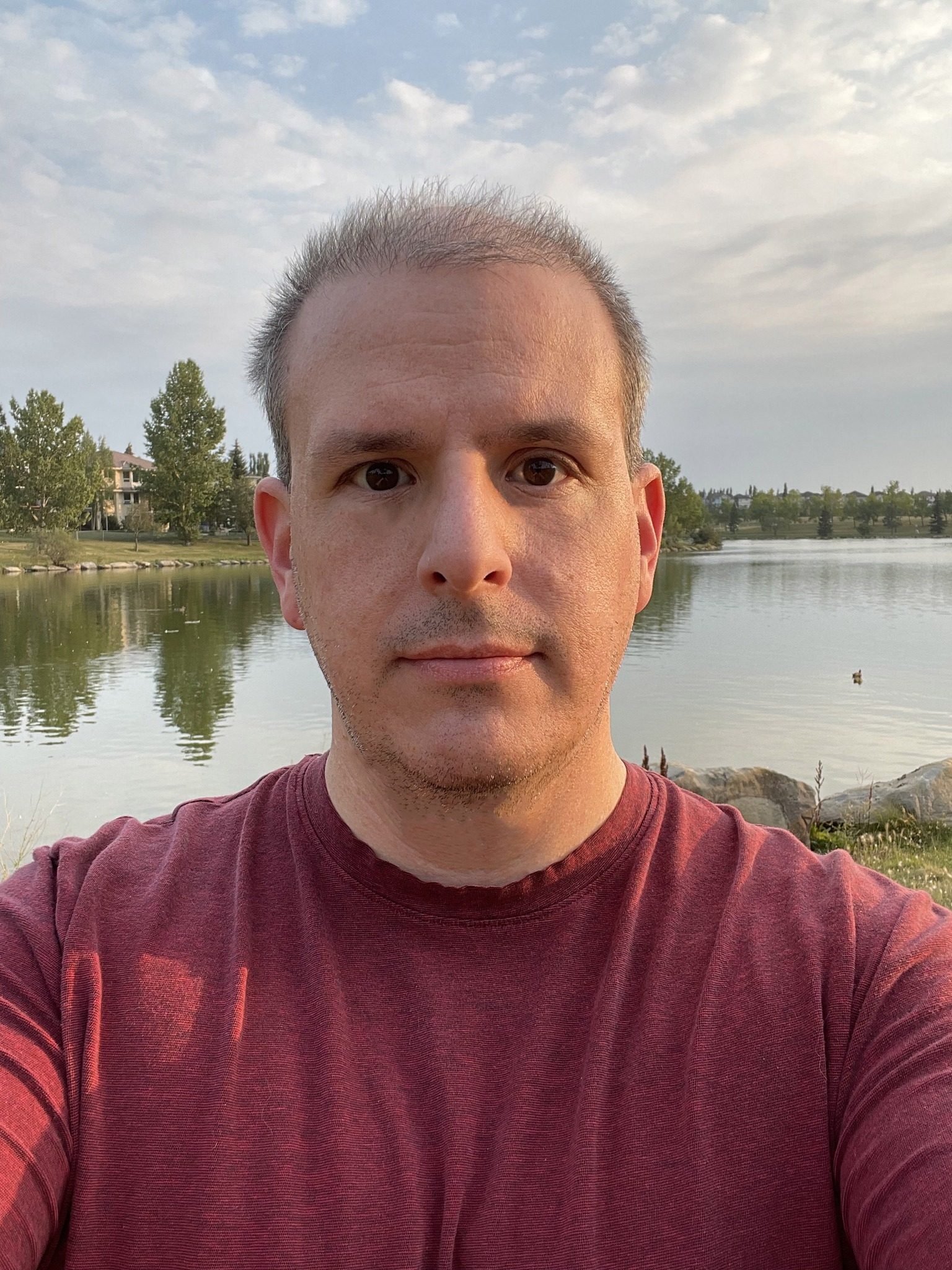Each year on June 5th, World Environment Day rallies people around the globe to take meaningful steps toward protecting our planet. In 2025, the focus is sharper than ever: tackling plastic pollution, especially the hidden threat of microplastics. With the official campaign theme drawing inspiration from nature and real-world solutions, this year’s message is clear – we must take collective action to drive systemic change.
Plastic pollution has reached every corner of our environment – from the highest mountain peaks to the deepest ocean trenches. But it doesn’t stop there. Microplastics, the tiny particles that result from the breakdown of larger plastic items, have made their way into our food, water, air, and even our bodies. According to an OECD report, an estimated 2.7 million tonnes of microplastics entered the environment in 2020, and that figure could double by 2040 if we don’t act decisively.
Why Should We Care?

The most compelling reason to care is that we only have one habitable planet. If we continue to destroy the environment at the current rate, however, that might change soon… Microplastics pose potential risks to human health, ecosystems, and global food security. They contaminate our water sources, disrupt marine life, and likely cause long-term health effects in the populace, although the full extent is still being studied. As we become more aware of these risks, it becomes increasingly clear that plastic pollution isn’t just an environmental issue – it’s a human one.
Countries from around the world have gathered repeatedly over the past few years to negotiate a global treaty to end plastic pollution. What we do now – individually and collectively – can help shape those decisions.
Every Sector Has a Role to Play

No matter your background or profession, you can help turn the tide on plastic. From health and business to technology and education, each sector has the potential to make a real difference.
Health Sector: Healthcare providers, researchers, and public health officials can help reverse the harmful effects of plastic pollution by studying its impacts on the human body and advocating for safer alternatives in medical products and packaging.
Business Sector: Companies can lead by example, shifting away from single-use plastics and embracing sustainable packaging, supply chains, and production processes. Sustainable doesn’t just mean “eco-friendly” – it increasingly means resilient, cost-effective, and forward-thinking.
Technology Sector: Innovators are at the heart of the solution. From plastic alternatives made from algae or seaweed to AI-powered waste sorting systems, technology is paving the way for cleaner oceans and smarter consumption.
Inspired by Nature & Driven by Change

Fittingly, the 2025 campaign urges us to take cues from the natural world. Nature doesn’t produce waste – it recycles, reuses, and regenerates. We can mirror these systems through circular economies, improved waste management, and smart policies that support reuse and regeneration.
But inspiration isn’t enough. We need real-world solutions and real-world action. And that starts with each of us. Whether you’re organizing a community cleanup, switching to refillable household products, or lobbying your local leaders for plastic-free policies, your actions count.
Make It Global & Make It Personal

This World Environment Day, join the #BeatPlasticPollution movement. It’s up to all of us to not only share our commitment on social media but to make tangible positive changes. Together, we can help spark a wave of change that stretches across borders.
At ABM College, we believe education plays a key role in shaping a more sustainable world – and we’re proud to support the global conversation around reducing plastic pollution and protecting our planet for future generations.
Change doesn’t happen overnight, but it does happen when people come together with purpose. Together, we can move away from a throwaway culture and toward a cleaner, healthier future for all.
Let’s protect our planet, our health, and future generations by saying no to plastic pollution – and yes to sustainable solutions.
Contact us to learn more.
Read more trending blogs.
About The Author

Content Editor & Writer, ABM College
As Content Editor at ABM College in Calgary, Alberta, Stephen plays a key role in advancing the college’s mission to provide relevant, high-quality training for today’s job market. He ensures all blog articles and web materials are accurate, clear, and genuinely useful for students, career changers, and industry professionals.
Stephen is also the author of a best-selling historical reference series documenting decades of computer and video gaming history — a body of work recognized by the Canadian Choice Awards.
Connect with Stephen on LinkedIn, explore his published works at Falcon Designs, or see his editorial expertise in action on the ABM College Blog.
